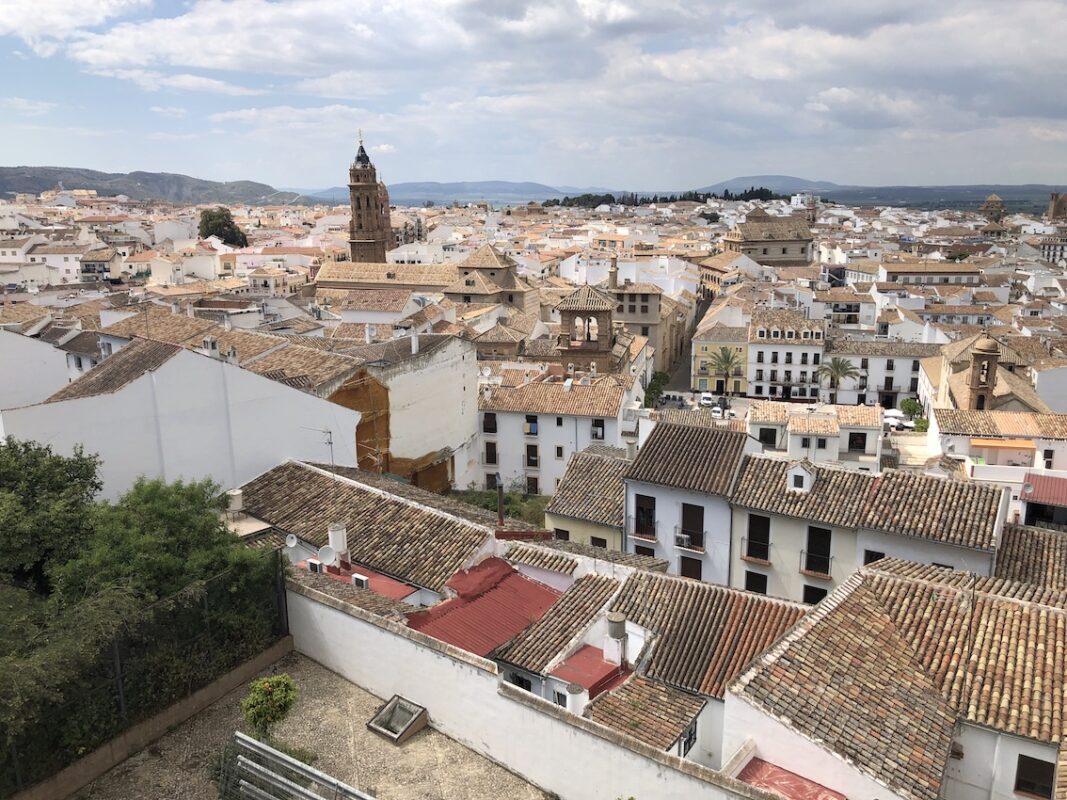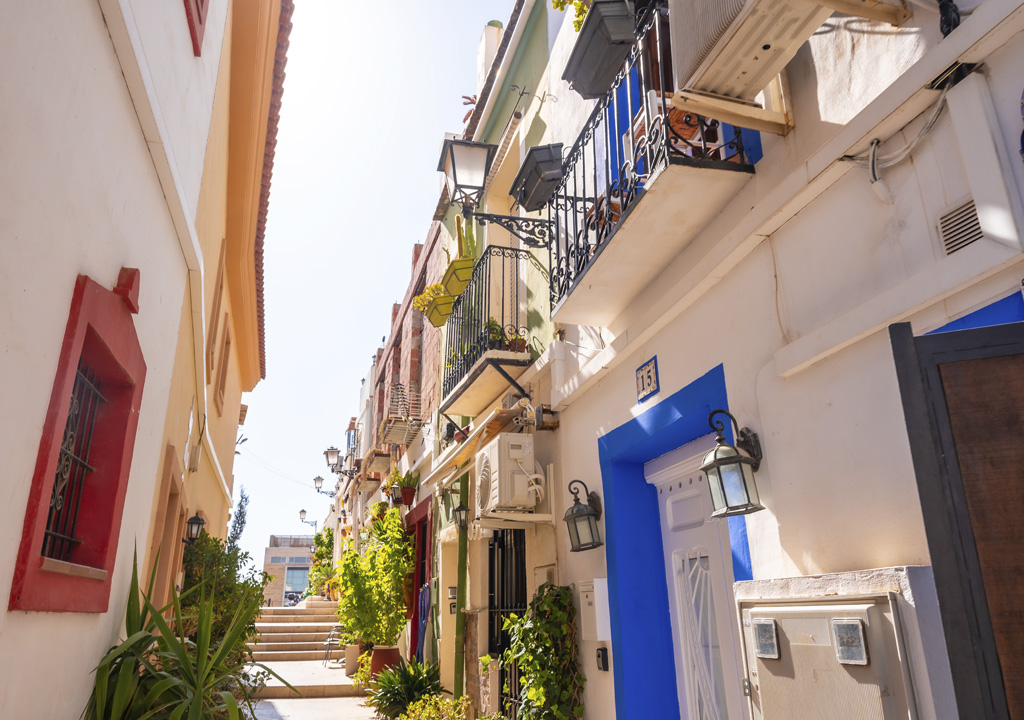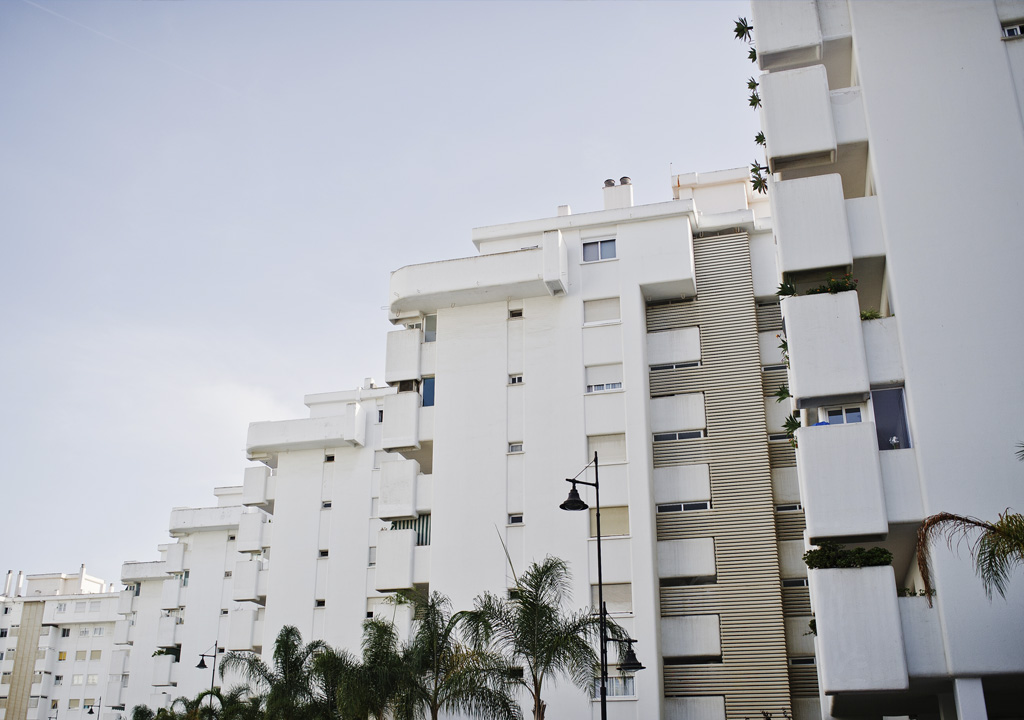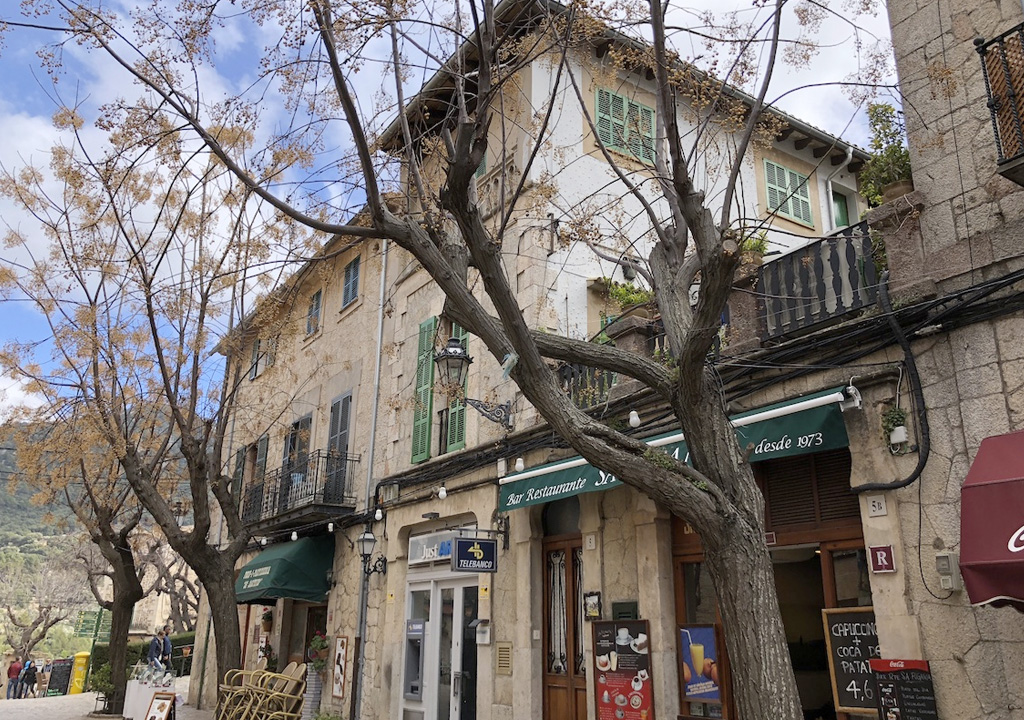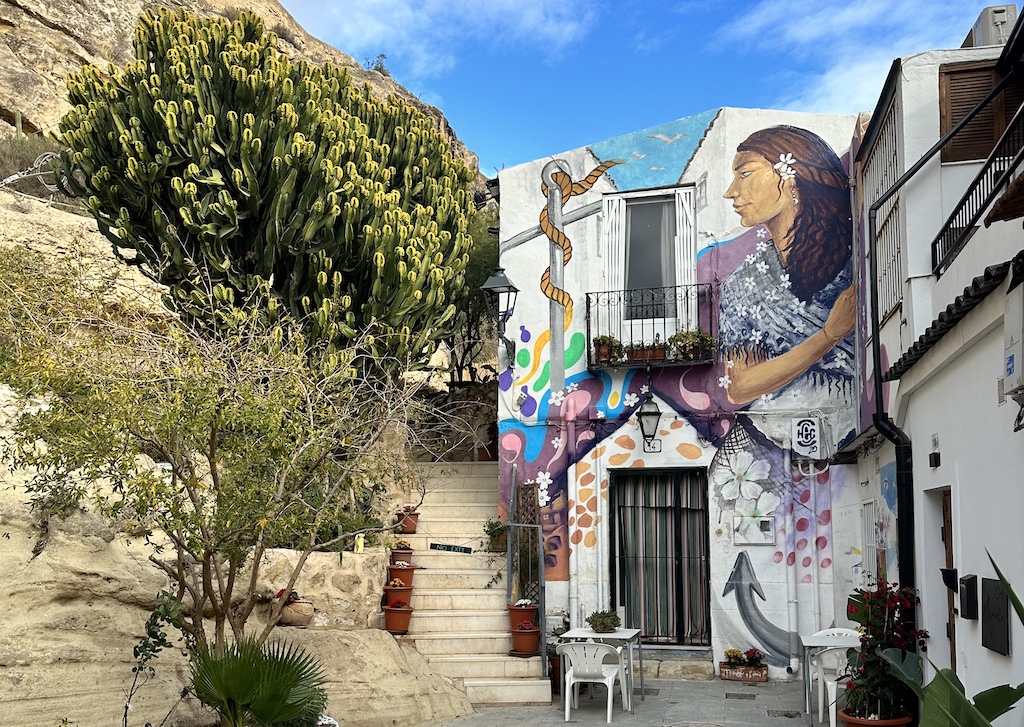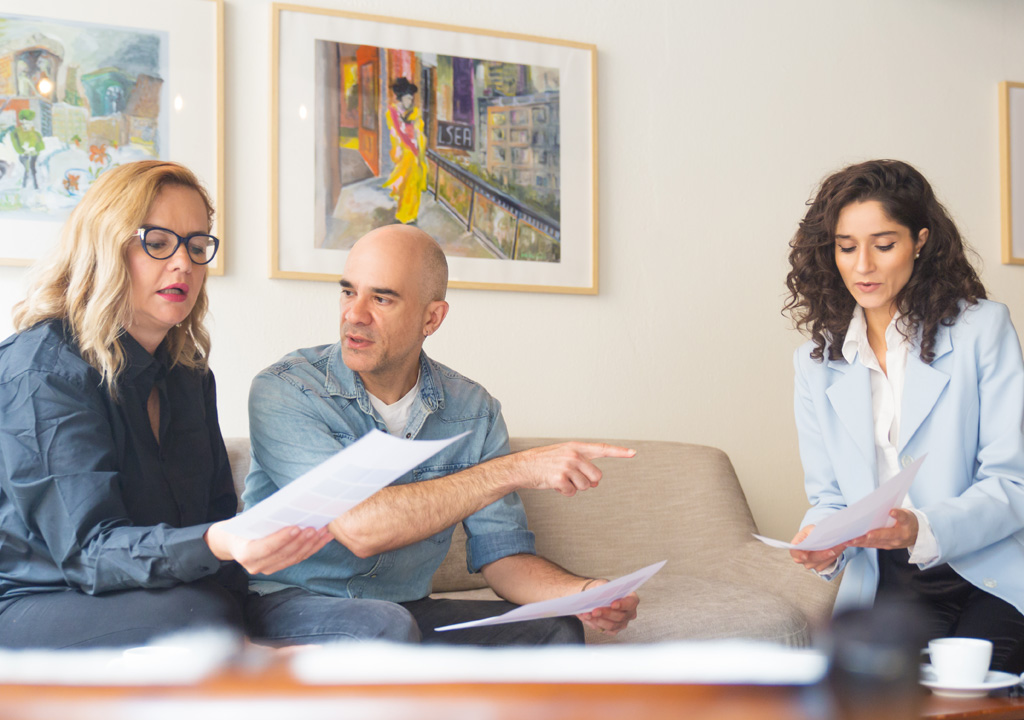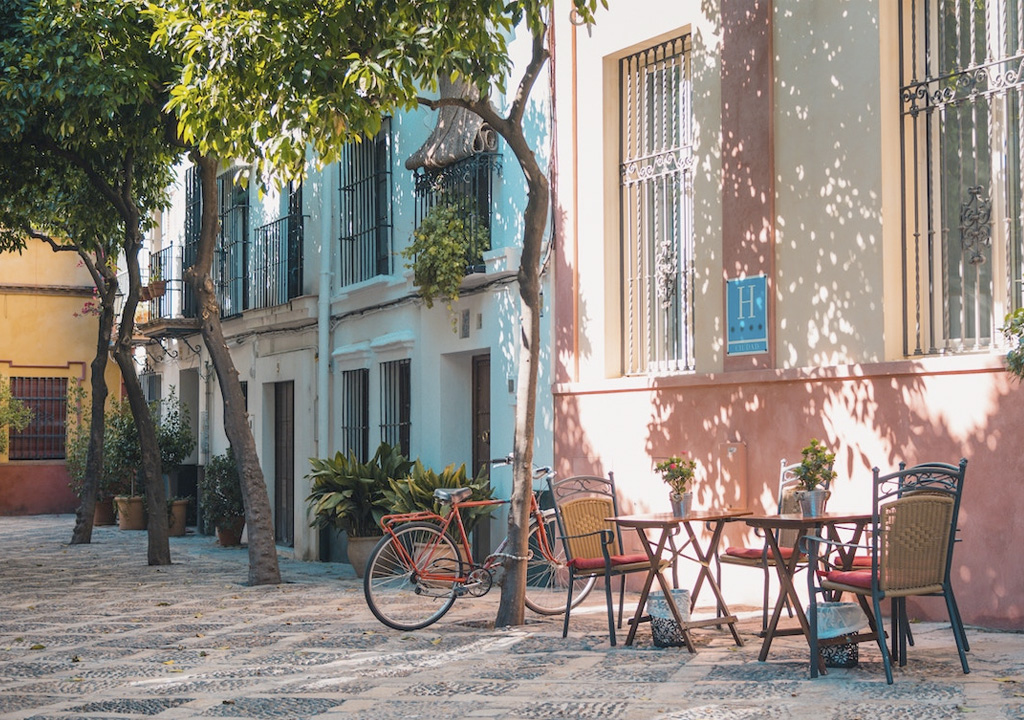How to research buying a property in Spain

No matter where you are buying a property in Spain, it is important to, not only carry out your own research, but also to make sure that you receive the right advice from independent professionals in the property field.
This is even more vital should you be planning to purchase a property in another country.
If you would like a no-obligation conveyancing quotation, please contact us today on + (0)203 137 1320 or info@gbabogados.co.uk
It is key to have all relevant information at your disposal in order to understand the process of buying a property in Spain, the obligations that come with owning a property and how to go about finding the perfect property for you.
In this article we outline some of the key points to cover when planning and ultimately buying a property in Spain.
Initial planning
The initial planning and research can be done at home.
One of the first things to tackle is the financial side of things.
It is important to work out your budget for buying a property in Spain, taking into account all of the related costs.
Costs of buying a property in Spain
There are several additional costs involved when purchasing a property in Spain. On top of the purchase price;
Property Transfer Tax
This is the most significant cost. It is calculated as a percentage of the purchase price. Each region in Spain is able to set its own rate of tax.
The typical amount is 10% of the purchase price.
You can read more about this tax here.
Land Registry Fees
Properties and plots of land in Spain are registered at the land registry.
When you buy a property or plot the change of ownership is recorded at the land registry and a new set of original deeds are produced.
The land registry charge a fee for changing ownership. An estimated costing for a purchase price of €100,000 is €500.00.
Notary Fees
Notaries in Spain are plentiful and are used to carry out all manner of transactions.
The signing of a property purchase is concluded in front of a notary.
This formality is typically attended by the solicitors representing both buyer & seller, a bank representative if there is a mortgage involved and the notary.
The notary´s role is to verify the documentation and act in an impartial manner. The notary charges a fee for their service.
Typical notary fees for a purchase value of €100,000 are €800.00.
Legal Fees when buying a property in Spain
It is important to appoint an experienced independent lawyer to represent you in purchasing a property.
Average legal fees in Spain are in the region of 1% of the purchase price.
Estate Agent´s Commission
The estate agent´s commission should be paid by the seller. This is included in the purchase price.
Associated costs of buying a property in Spain
Depending upon your circumstances, additional costs may have to be considered.
For instance, you may wish to commission a survey to be carried out on the property. There are different types of surveys ranging from a basic valuation to a full structural survey.
If you are buying with a mortgage from a Spanish bank, there will be additional costs. You can read more about this further on in this article.
You also need to estimate how many times you are going to visit Spain to search for a property, and account for travel and accommodation costs.
How are you funding the purchase?
If you are paying cash for the property, you need to consider exchange rates if you do not hold the money in Euros.
It is a good idea to keep an eye on the exchange rate movements and also obtain quotes for a couple of reputable currency exchange providers.
The high street banks are traditionally the most expensive option for exchanging currency.
Some companies worth approaching are Currencies Direct, Key Currency and Wise.
It is possible to fix the rate of exchange ahead of your property purchase. In this way you won´t be affected if the rate of exchange alters whilst you are looking for a property.
If you need to obtain finance you may be in a position to consider raising funds either in your own country or by applying for a mortgage in Spain.
If you apply in your own country, it is likely to be in the form of a loan secured against the equity in a property.
In this way it is totally unrelated to the property that you would buy in Spain.
The other option would be to approach a Spanish bank for a mortgage secured against the property you are buying in Spain.
Buying a property in Spain with a mortgage from a Spanish bank
The Spanish banks are far more conservative with mortgage lending now than in previous years.
It is not uncommon for banks to limit the loan-to-value to 60%, when in previous years 100% + was not uncommon.
This is especially the case if you are applying as non resident.
The bank in Spain typically request the following documentation to be submitted for a mortgage application:
- Copy of passport (all applicants)
- Proof of address
- NIE certificate
- Last 2 wage slips (if employed)
- Latest P60 / annual tax statement (if employed)
- Last 2 annual tax returns (if self employed)
- Last 2 years annual accounts (if self employed)
- Accountant’s reference or employer reference (upon request)
- Credit report
- Last 3/6 months bank statements
- Mortgage or rental agreement relating to main residence
The banks take a methodical approach and will initially assess your paperwork.
Invariably they will respond with questions about your employment and circumstances.
Following this you will receive provisional approval subject to a property valuation. The bank will then request funds to cover the cost of the valuation.
A more detailed guide, including an overview of mortgage terms can be found here.
Deciding where to buy
The majority of international clients purchase a property in an area of Spain in which they frequently holiday.
Having local knowledge and being familiar with the area certainly helps when considering buying a property in Spain.
If you are working from a blank canvas, you could consider firstly why you are buying (holiday home, investment, to rent out etc.)
The reason for purchase can help you choose a particular area of Spain.
For instance if you want to invest in a property in order to rent to holiday makers, you need to research the availability of tourism licences in each area of Spain.
In certain areas such as Barcelona, Canary Islands and the Balearics, if a property does not currently have a tourism licence, then you are not likely to obtain one in the near future.
You can read more about tourism licences here.
So if renting on a night by night basis is your aim, you will find that you could be restricted in certain parts of Spain.
You may choose a location in order to enjoy a hobby; such as hiking in the mountainous regions or sailing in the Med.
You can read about the regions of Spain here.
As in every country, property prices vary from region to region. It may be that you have to compromise on location in order to be able to afford the property that you want.
You will find region by region house price information in the News section of our website.
another important point to consider when identifying a location, is how easy it is for you to travel there.
It is no good buying somewhere if you have to obtain a connecting flight and then spend a full day travelling.
Fortunately airlines are continually opening up more and more areas of Spain to international flights.
Where to find properties
Now to the fun part, the property search.
The internet makes is very easy to obtain access to 1000s of properties for sale.
You will be able to see what you can get for your money and be able to research as to whether a property offers good value for money or is overpriced.
The collapse of the property boom has corrected prices in Spain. However, it is still important to do your homework.
You can often find the same property advertised for different prices with different agents. The key is to proceed with caution.
Some of the best websites to start your search are idealista.com, fotocasa.es and yaencontre.com
These are property portals and list properties from estate agents and individual property owners. You can read a detailed overview of the key sites here.
These websites are aimed primarily at Spanish users, but offer easy search functions even if you don´t understand Spanish.
Another way is to find local estate agents in your chosen area of Spain. You can do this online or whilst you are in Spain.
Agents are not regulated, so it is a good idea to talk to people and ask for recommendations.
There are several accreditation schemes or networks that some agencies belong to. This does give more protection.
Examples are GIPE http://www.gipe.es/es/home/ ; API https://consejocoapis.org AIPP https://www.aipp.org.uk
In the past many international buyers have placed deposits on properties whilst visiting a property exhibition in their home country.
In our opinion this is best avoided. The prices of properties are frequently inflated and you are paying monies to an agent and many people have had their fingers burnt in the past.
Types of property
Buyers benefit from a wealth of property types and styles when looking at properties in Spain.
In the coastal areas, there are many new build developments available.
The benefit of this is that you get a brand new, modern property which is likely to be energy efficient with low running costs.
You may also have the opportunity to make alterations to the specification of design of the property.
The downside is that you will have to wait for the property to be finished and you won´t actually be able to see the property that you are investing in.
The alternative is a resale property. The benefit is that completion can be very quick and that you have ample opportunity to inspect the property.
Properties in Spain can be classed as urban or rustic. If the property is rustic you may find limitations on what you can build and perhaps you won´t benefit from all utility services.
Why you should appoint a lawyer when buying a property in Spain
As with any property purchase, it is important to ensure that you have legal representation.
It is a good idea to make contact with a lawyer prior to finding a property. In this way you have the opportunity to ask questions and you will benefit from having representation as soon as you find a property.
Once you have found a property, it is vital that your lawyer carries out searches and verification of the property, prior to you placing a deposit.
You can read more about our conveyancing service here.
Once you have bought your property
Once you have completed the purchase of your property, it is important to understand the annual obligations as a home owner.
A non resident tax return must be submitted each year. This is mandatory regardless as to whether the property is rented out or not.
It does not affect your income tax returns in your home country.
If you have bought a property in Spain with the intention of becoming resident, there are several steps to take. Please contact us for more information.
It is also a good idea to have a Spanish will drafted. This will cover your property and any other assets in Spain.
You can read more about our will writing service here.
How GB Abogados can help when buying a property in Spain
If you are considering buying a property in Spain, please don´t hesitate to contact us for a no obligation consultation.
Related Services
Related Articles
Top websites for buying or renting in Spain


